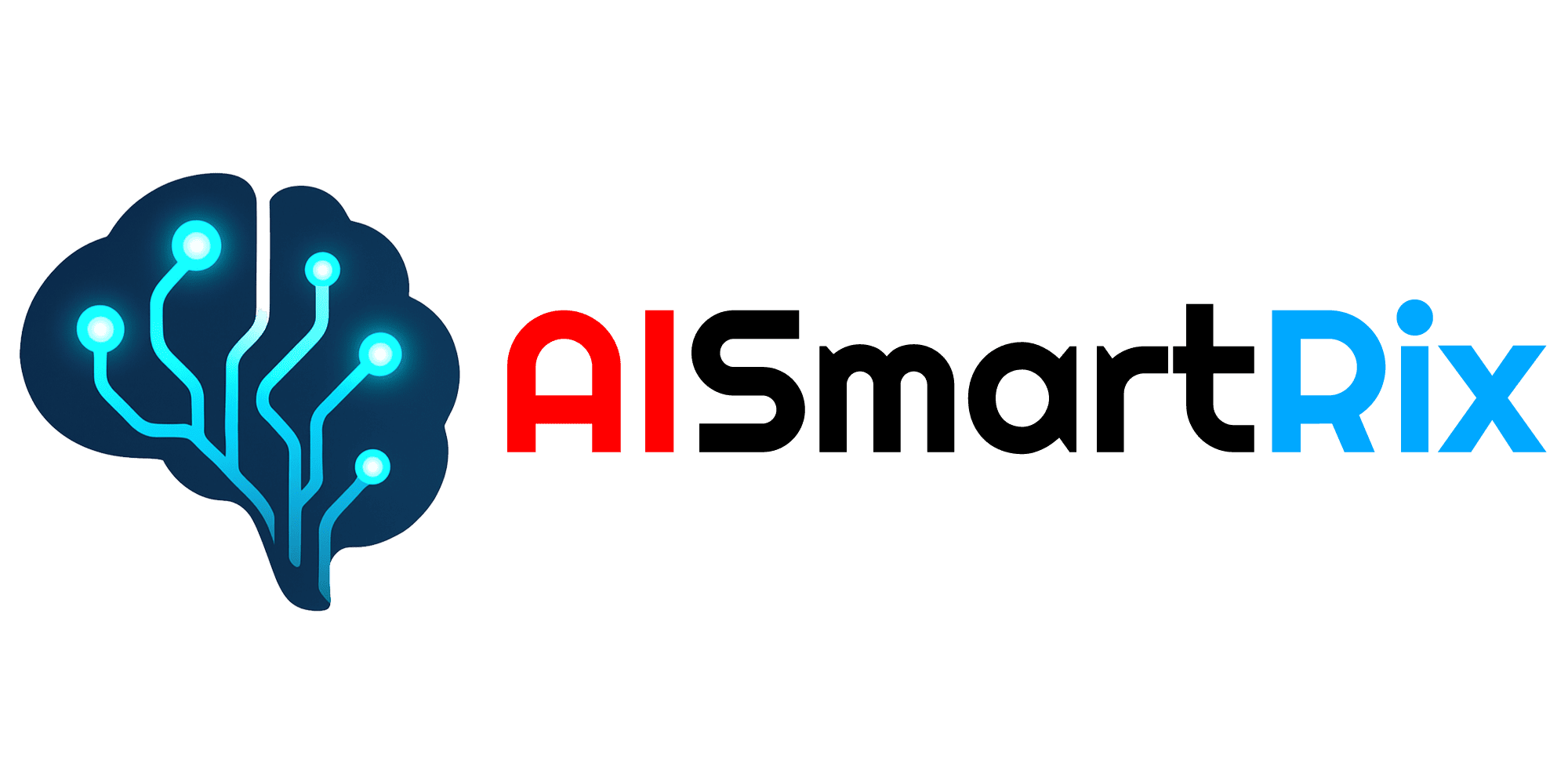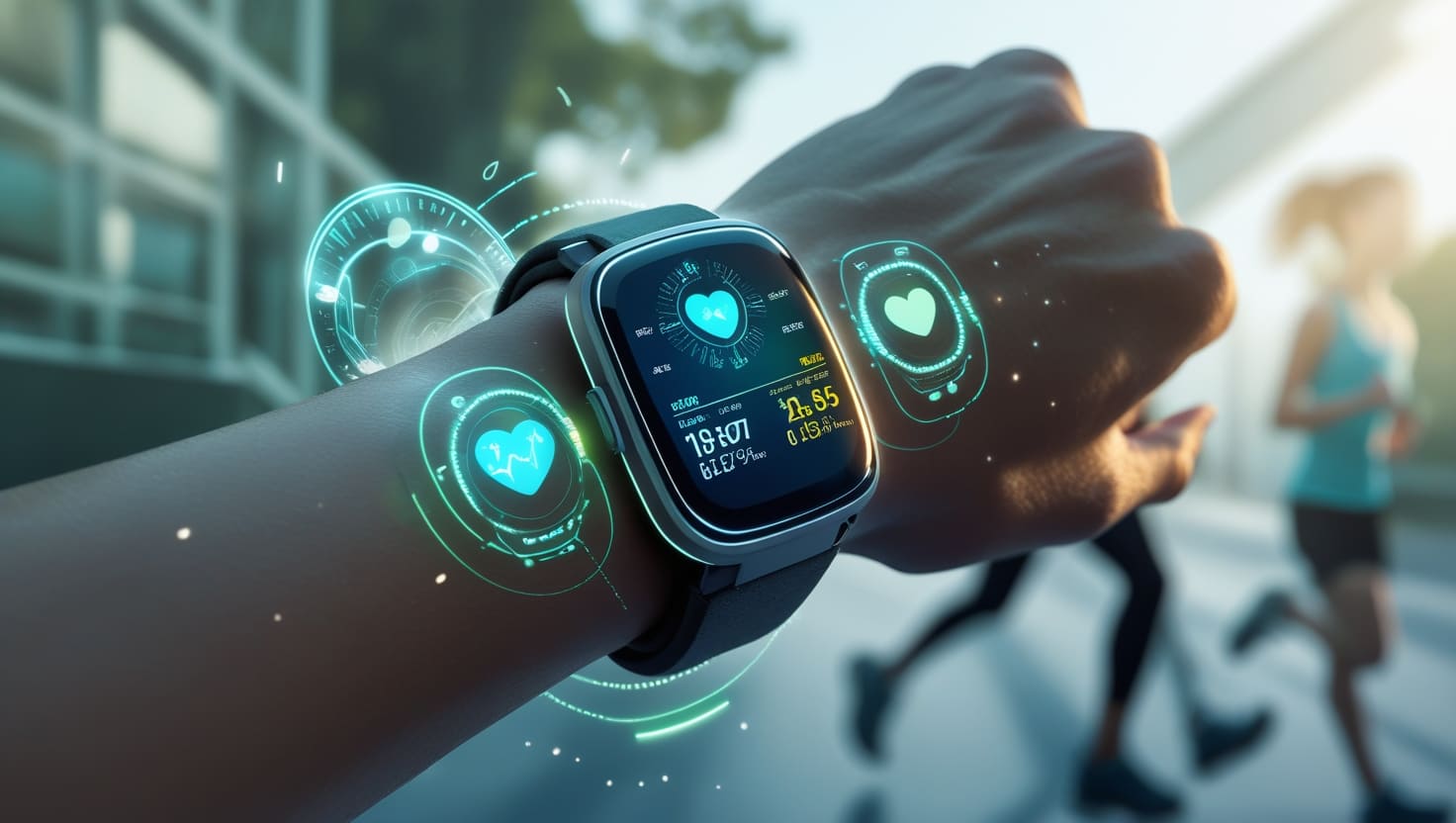In 2025, AI-powered fitness trackers are transforming personal health and wellness in ways that were once unimaginable. These devices are no longer simple step counters; instead, they serve as sophisticated health companions that leverage advanced artificial intelligence to offer highly personalized, actionable insights. Whether you’re a professional athlete or someone simply trying to live healthier, AI-driven fitness trackers have become essential tools for optimizing physical and mental well-being.
In this comprehensive guide, we’ll explore the latest innovations in AI-powered fitness trackers, how they work, their key features, the most exciting new capabilities in 2025, and why they’re rapidly becoming indispensable in the world of personalized health technology.
The Evolution of Fitness Trackers
Over the past decade, fitness trackers have evolved from basic pedometers to advanced wearable health monitors. The integration of artificial intelligence has propelled this evolution by introducing:
- Deep learning algorithms for more accurate data interpretation.
- Personalized health coaching.
- Predictive health analytics.
- Continuous monitoring across multiple vital signs.
- Seamless integration with broader digital health ecosystems.
In 2025, AI has taken fitness tracking to a whole new level of precision, personalization, and preventive care.
Key Features of AI-Powered Fitness Trackers in 2025
1. Continuous Health Monitoring
Modern fitness trackers equipped with AI now monitor a wide range of vital metrics 24/7, including:
- Heart rate variability (HRV)
- Blood oxygen saturation (SpO2)
- Respiration rate
- Skin temperature
- Blood pressure estimation
- Stress levels
- Sleep quality and sleep stages
- Blood glucose trends (non-invasive for some models)
These continuous measurements provide real-time feedback, allowing users to stay informed about their overall health status.
2. Advanced AI Algorithms for Data Interpretation
AI systems process vast amounts of raw sensor data to provide:
- Accurate activity recognition.
- Customized workout recommendations.
- Early detection of irregularities or health risks.
- Context-aware suggestions based on weather, fatigue, or recent activity.
3. Personalized Coaching
AI fitness trackers act as virtual personal trainers by offering:
- Tailored workout plans.
- Adaptive training based on performance and recovery.
- Nutrition advice aligned with fitness goals.
- Motivation through real-time feedback and adaptive challenges.
4. Predictive Analytics & Preventive Care
AI algorithms detect subtle patterns in user data to:
- Predict potential injuries or health issues.
- Recommend preventive actions.
- Notify users of necessary medical consultations if needed.
5. Real-Time Adaptive Workouts
Using biometric data, AI adjusts workout intensity and duration dynamically to match user energy levels, ensuring effective and safe training sessions.
6. Mental Health Tracking
In 2025, mental health tracking has become a core feature, with AI analyzing:
- Mood patterns.
- Stress triggers.
- Breathing irregularities.
- Meditation and mindfulness guidance.
7. Environmental Adaptation
Advanced fitness trackers now account for external factors such as:
- Air quality levels.
- UV exposure.
- Temperature and humidity.
- Noise pollution.
These metrics allow AI to suggest optimal workout times and locations for safety and performance.
New Innovations in AI-Powered Fitness Trackers in 2025
Non-Invasive Blood Glucose Monitoring
Several fitness trackers now feature non-invasive blood glucose tracking, using optical sensors and AI algorithms to provide continuous glucose monitoring without painful finger pricks — a breakthrough for diabetic and health-conscious users alike.
Personalized Sleep Optimization
AI has revolutionized sleep tracking by:
- Detecting micro-awakenings.
- Providing actionable sleep improvement suggestions.
- Syncing sleep recommendations with circadian rhythms.
- Integrating with smart home devices to optimize sleep environments.
Women’s Health Monitoring
AI-powered trackers now offer specialized features for:
- Menstrual cycle tracking.
- Fertility insights.
- Pregnancy health monitoring.
- Hormonal fluctuation detection.
Biometric Authentication & Security
Fitness trackers increasingly serve as secure authentication devices using:
- Heart rhythm signatures.
- Skin conductance patterns.
- AI-driven identity verification for mobile payments and secure logins.
Multi-Device Integration
AI fitness trackers now integrate seamlessly with:
- Smartwatches.
- Smart rings.
- Smart clothing.
- Home fitness equipment.
- Virtual and augmented reality fitness platforms.
This unified ecosystem provides a comprehensive health dashboard across devices.
The Role of AI in Preventive Health
One of the most profound benefits of AI-powered fitness trackers is their ability to shift healthcare from reactive to proactive by:
- Identifying early warning signs of chronic diseases.
- Offering personalized lifestyle adjustments.
- Providing data for medical professionals to make informed decisions.
- Encouraging long-term healthy habits.
By constantly analyzing subtle changes in vital signs, AI fitness trackers help users avoid serious health problems before they escalate.
The Impact of AI-Powered Fitness Trackers on Athletic Performance
Professional and amateur athletes are leveraging AI fitness trackers to:
- Monitor recovery and prevent overtraining.
- Optimize training cycles based on individual performance data.
- Analyze biomechanics to improve form and efficiency.
- Prevent injuries by detecting muscular imbalances or fatigue.
- Develop personalized nutrition and hydration plans.
Coaches and sports organizations increasingly rely on AI-powered data to guide training protocols and maximize performance outcomes.
Challenges & Considerations
While AI-powered fitness trackers offer immense benefits, they also present several challenges:
Data Privacy
Continuous health monitoring generates sensitive personal data, requiring strict privacy protections, encryption, and user control over data sharing.
Accuracy Limitations
Despite rapid advancements, some metrics (such as non-invasive glucose or blood pressure) may still face occasional inaccuracies.
Cost Accessibility
High-end AI fitness trackers can be expensive, potentially limiting access for some users.
User Dependence
Overreliance on technology may reduce users’ ability to listen to their own bodies or maintain motivation without device feedback.
The Future of AI-Powered Fitness Trackers
Looking ahead, AI fitness trackers will continue to evolve with exciting new capabilities:
Digital Twin Technology
AI may create digital replicas of users’ bodies to simulate the impact of workouts, diets, and lifestyle changes in virtual environments, allowing individuals to make informed decisions about their health.
Genetic-Based Personalization
Future trackers may integrate genetic data, allowing AI to tailor fitness and wellness programs to an individual’s unique DNA.
Real-Time Hormonal Tracking
Emerging sensors will enable real-time hormonal monitoring, providing deeper insights into energy, metabolism, and overall well-being.
Expanded AR/VR Integration
AI fitness trackers will seamlessly integrate with AR and VR platforms for immersive training, real-time coaching, and virtual competitions.
Remote Medical Integration
Physicians will increasingly access AI-generated fitness data remotely, enabling more precise telemedicine consultations and chronic disease management.
Conclusion
AI-powered fitness trackers in 2025 have redefined the boundaries of personal health management. By combining cutting-edge sensor technology with advanced AI algorithms, these devices offer highly personalized, proactive, and holistic fitness solutions for users at every fitness level.
From real-time biometric monitoring to preventive care and mental health support, AI-powered fitness trackers are not just gadgets—they are partners in our long-term well-being. As technology continues to advance, these devices will only become more accurate, more personalized, and more essential for anyone striving to achieve optimal health and performance.
Have you tried an AI-powered fitness tracker recently? Share your experience and let us know how it’s improved your fitness journey in the comments below!





